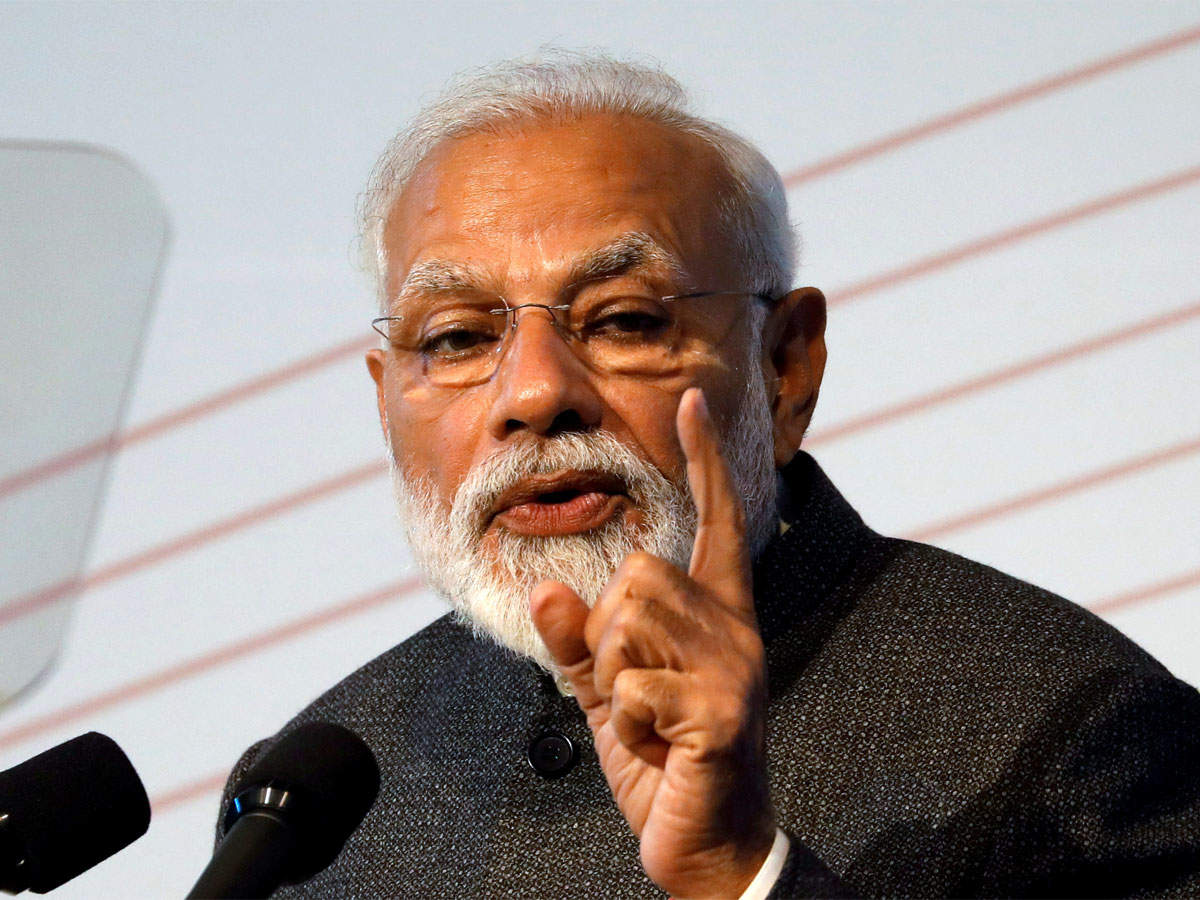Government Plans to Release $12 Billion and Reduce Fuel Taxes to Control Inflation

Government Plans to Release $12 Billion and Reduce Fuel Taxes to Control Inflation
In a bold move to curb rising inflation and ease the financial burden on citizens, the government is reportedly considering a significant economic strategy. Sources close to the administration reveal that plans are in motion to free up a staggering $12 billion and simultaneously slash fuel taxes. This decisive action is set to address the mounting concerns over escalating prices, ensuring stability in the economy and fostering a positive impact on the general populace.
The soaring cost of living has been a pressing concern for citizens across the nation. As prices of essential commodities continue to surge, households find themselves stretched thin, struggling to make ends meet. Inflation, which has seen an uptick in recent months, poses a formidable challenge to the nation’s economic health. Therefore, the government’s proposed measures come as a beacon of hope for many who have felt the pinch of these price hikes.
The prospect of freeing up $12 billion from the government’s coffers brings a ray of optimism to a landscape marred by economic uncertainty. This sizable allocation is expected to be directed into key sectors that stimulate economic growth and alleviate inflationary pressures. While the specifics of the allocation are yet to be revealed, experts anticipate that investment in infrastructure, healthcare, and education could play a pivotal role in rejuvenating the economy.

Furthermore, the proposal to cut fuel taxes demonstrates a commitment to directly address a major contributor to rising living costs. Fuel prices have a cascading effect on almost all sectors of the economy. From transportation to manufacturing, fluctuations in fuel prices can trigger a domino effect that ripples through every facet of daily life. By taking the step to reduce fuel taxes, the government aims to mitigate these effects and provide immediate relief to consumers.
This proactive approach aligns with the government’s commitment to ensuring the welfare of its citizens. A reduction in fuel taxes can potentially lower transportation costs, making goods more accessible and affordable for the average consumer. This, in turn, can create a stabilizing effect on the inflation rate, helping to achieve the delicate balance between economic growth and maintaining the purchasing power of the population.
It is important to note that these proposed measures come at a time when the global economic landscape is undergoing significant changes. The fallout from the pandemic has reshaped economic priorities, and governments around the world are reevaluating their fiscal policies to adapt to the new normal. In this context, the government’s decision to infuse the economy with funds and alleviate the burden on citizens is a step in the right direction.
The success of these measures, however, hinges on effective implementation and careful monitoring. While the injection of funds can stimulate growth, it must be channeled into projects and sectors that have a direct and lasting impact. Additionally, the reduction in fuel taxes should be balanced with sustainable revenue generation mechanisms to prevent any adverse effects on essential public services.

As the government gears up to execute these proposed measures, stakeholders from various sectors are closely observing the developments. Business leaders, economists, and citizens alike are eager to witness the tangible outcomes of these decisions. The success of this strategy could potentially set a precedent for other nations grappling with similar economic challenges.
Amidst the anticipation surrounding the government’s economic strategy, experts are keenly analyzing the potential ripple effects on various sectors. The infusion of funds into key areas such as infrastructure holds the promise of generating employment opportunities and fostering long-term economic growth. Improved roads, bridges, and public facilities can not only enhance the overall quality of life but also attract private investments, amplifying the positive impact on the economy.
The reduction in fuel taxes, while undoubtedly providing immediate relief to consumers, also raises questions about the government’s revenue streams. Balancing the budget while ensuring sustainable funding for critical public services remains a delicate task. The government must tread carefully to avoid unintended consequences, such as cuts to essential programs due to a shortfall in revenue. This necessitates a well-calibrated approach that maintains the delicate equilibrium between financial stability and the public’s well-being.

Global economic trends also play a role in shaping the government’s decisions. As economies worldwide recover from the pandemic’s impact, the interconnectedness of markets and trade cannot be ignored. The government’s measures could potentially send positive signals to international investors, bolstering confidence in the nation’s economic prospects. Conversely, any missteps in implementation could lead to uncertainty and hinder foreign investments, underscoring the need for strategic execution.
Public sentiment regarding these measures is another crucial aspect to consider. The government’s transparency in communicating the intended outcomes and benefits of these actions will play a pivotal role in gaining public support. The effectiveness of these strategies could not only influence citizen trust but also impact political dynamics. Thus, the government’s ability to effectively articulate the rationale behind these measures will be instrumental in determining their long-term success.
In the ever-evolving landscape of economic policy, the government’s decision to release $12 billion and reduce fuel taxes signifies a proactive approach to tackling inflation and economic instability. As the nation navigates through this pivotal juncture, the outcomes of these measures will undoubtedly reverberate far beyond fiscal balance sheets, shaping the lives of citizens and charting the course for the country’s economic trajectory.
In conclusion, the government’s plan to unleash $12 billion into the economy and reduce fuel taxes is a resolute step towards curbing inflation and alleviating financial burdens on citizens. This strategy not only demonstrates a commitment to the well-being of the population but also reflects a proactive approach to economic challenges. As the nation watches these developments unfold, optimism remains high that these measures will pave the way for a more stable and prosperous future.





